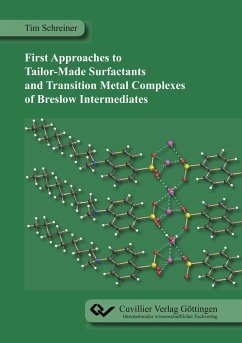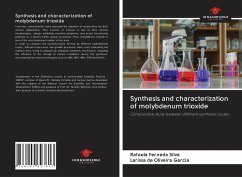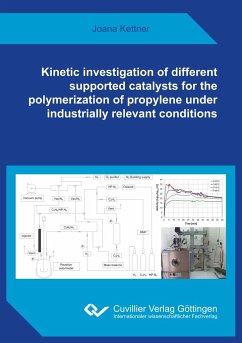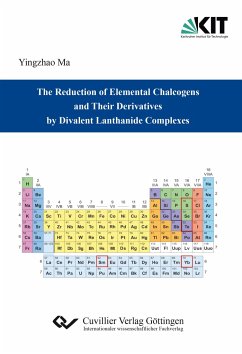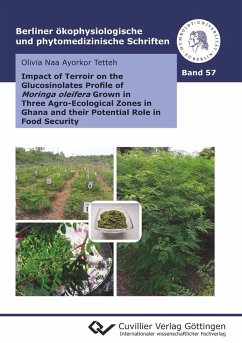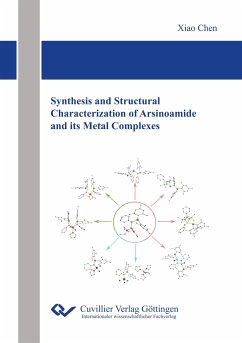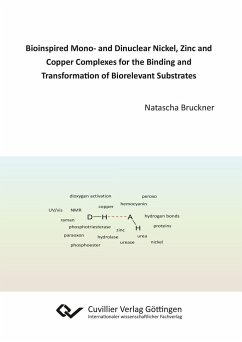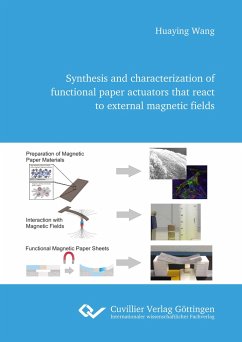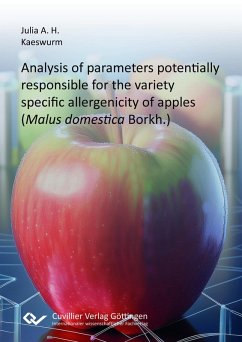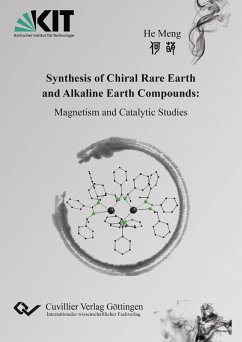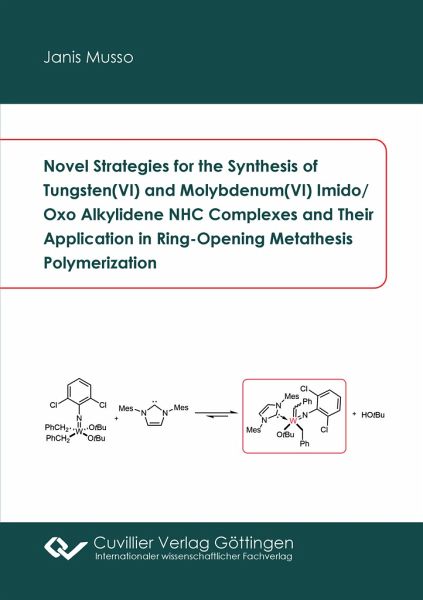
Novel Strategies for the Synthesis of Tungsten(VI) and Molybdenum(VI) Imido/Oxo Alkylidene NHC Complexes and Their Application in Ring-Opening Metathesis Polymerization

PAYBACK Punkte
0 °P sammeln!
Recently, the synthesis of neutral and cationic group(VI) imido/oxo alkylidene N-heterocyclic carbene (NHC) complexes that tolerate protic functional groups and aldehydes was reported. Unprecedented turnover numbers of up to 1.2 million were found for their silica-supported representatives. Some group(VI) alkylidene NHC complexes even display stability towards moisture and air. Coordination of the NHC to tungsten imido bistriflate precursor complexes, however, can lead to undesired side reactions. This work consequently aimed at the development of novel, more efficient routes to neutral and ca...
Recently, the synthesis of neutral and cationic group(VI) imido/oxo alkylidene N-heterocyclic carbene (NHC) complexes that tolerate protic functional groups and aldehydes was reported. Unprecedented turnover numbers of up to 1.2 million were found for their silica-supported representatives. Some group(VI) alkylidene NHC complexes even display stability towards moisture and air. Coordination of the NHC to tungsten imido bistriflate precursor complexes, however, can lead to undesired side reactions. This work consequently aimed at the development of novel, more efficient routes to neutral and cationic tungsten imido/oxo alkylidene NHC complexes. In addition, some molybdenum imido alkylidene NHC complexes were targeted. Thereby, the scope of synthetically accessible complexes was broadened and, subsequently, their reactivity in ring-opening metathesis polymerization (ROMP) was probed. Those complexes were used as thermally latent initiators for the ROMP of dicyclopentadiene. Precise determination of the onset temperature of polymerization was achieved via monitoring with differential scanning calorimetry. Furthermore, the selectivity of novel complexes was tested for the formation of stereoregular polymers through ROMP of enantiomerically pure norbornene derivatives, which allowed for the synthesis of up to 98% trans-isotactic or cis-syndiotactic polymers depending on the steric demand of the imido and the alkoxide ligand.




